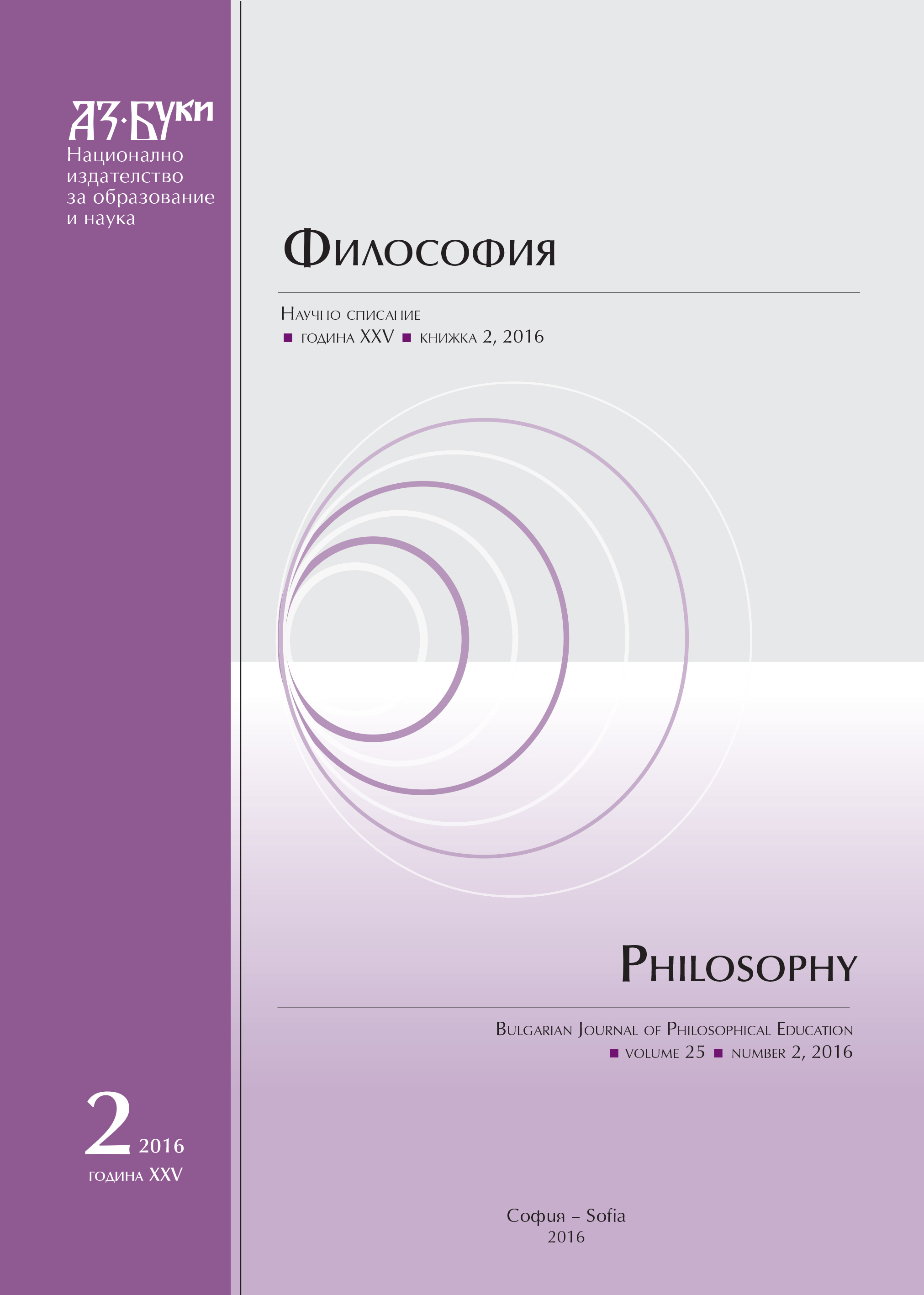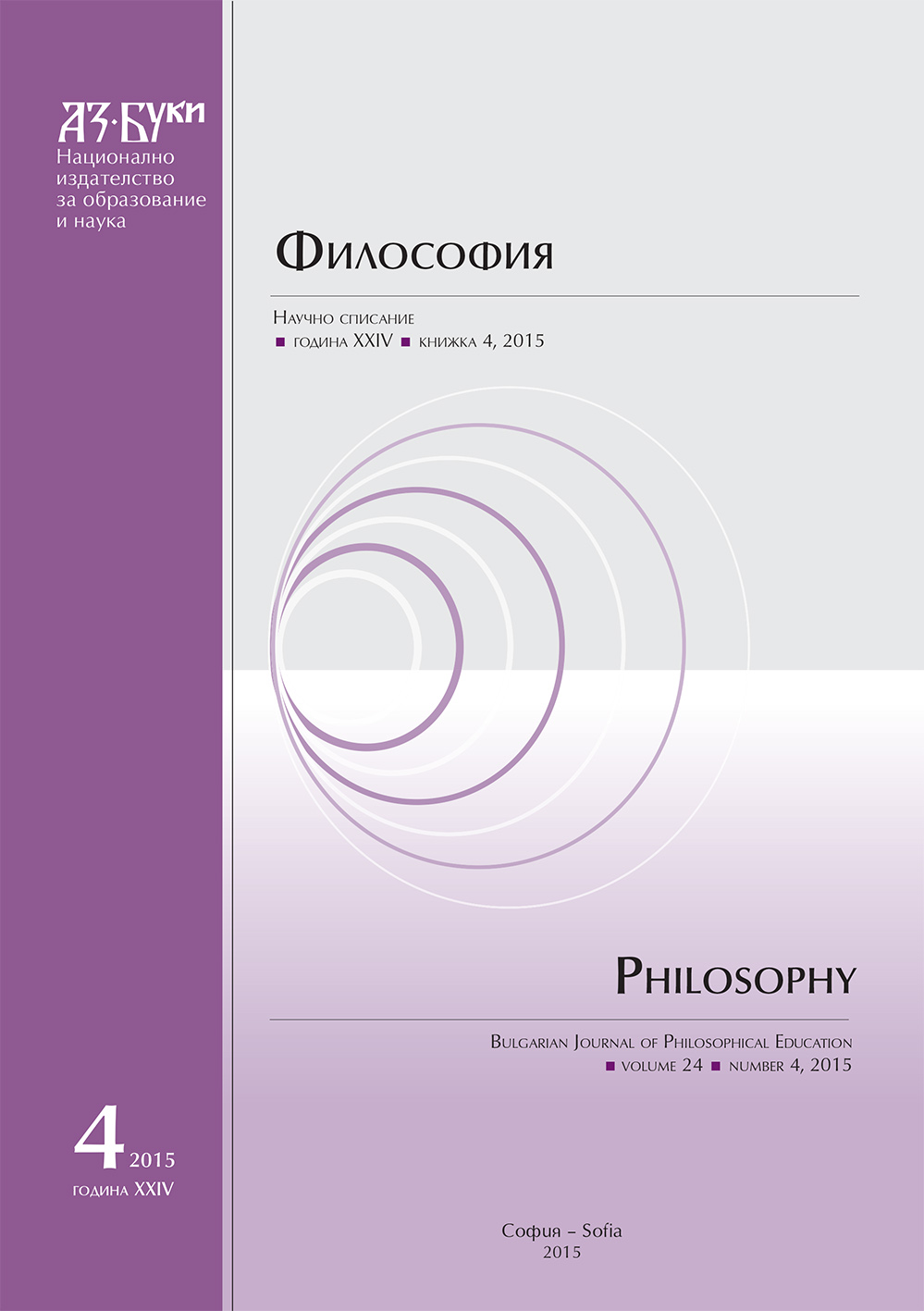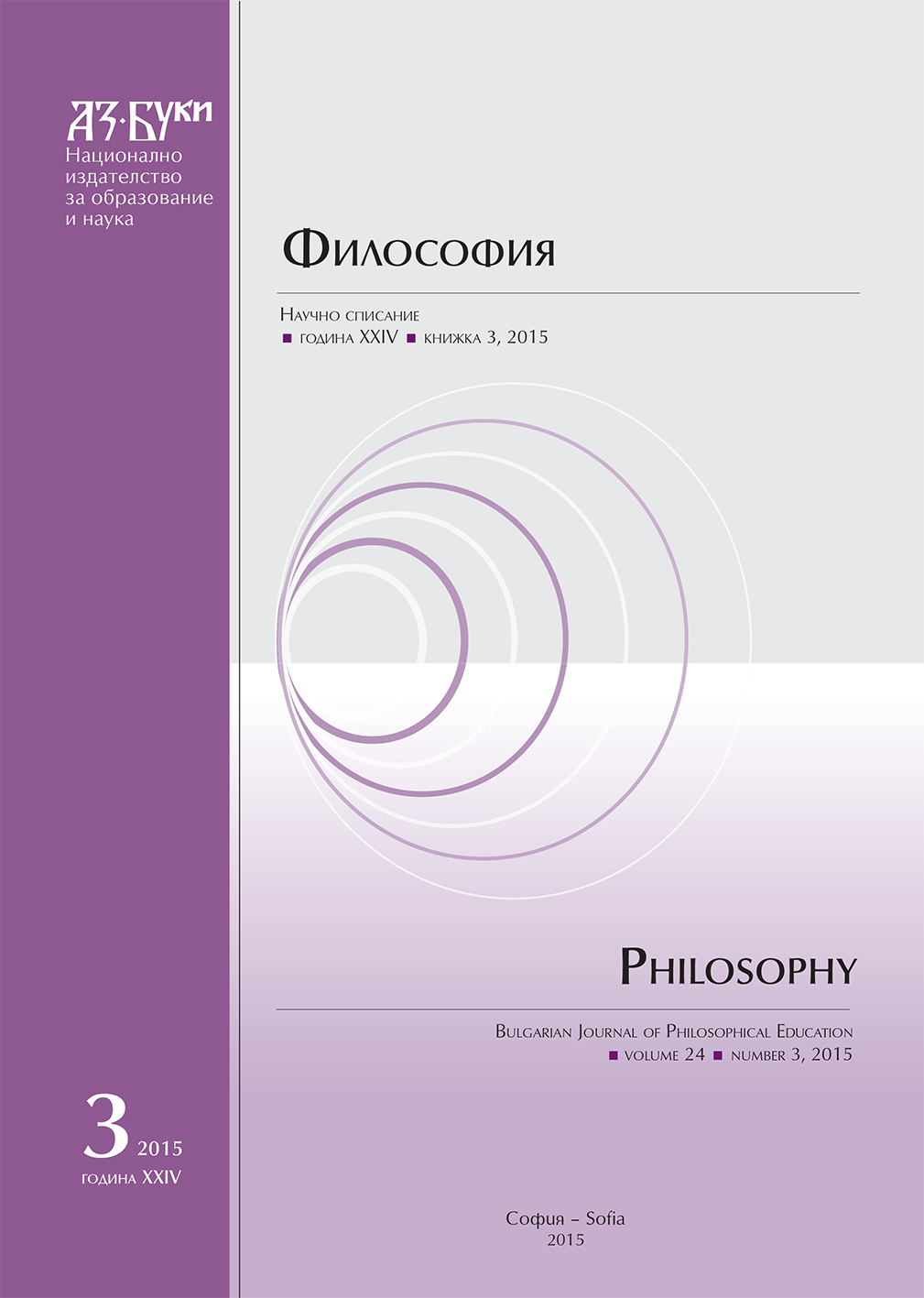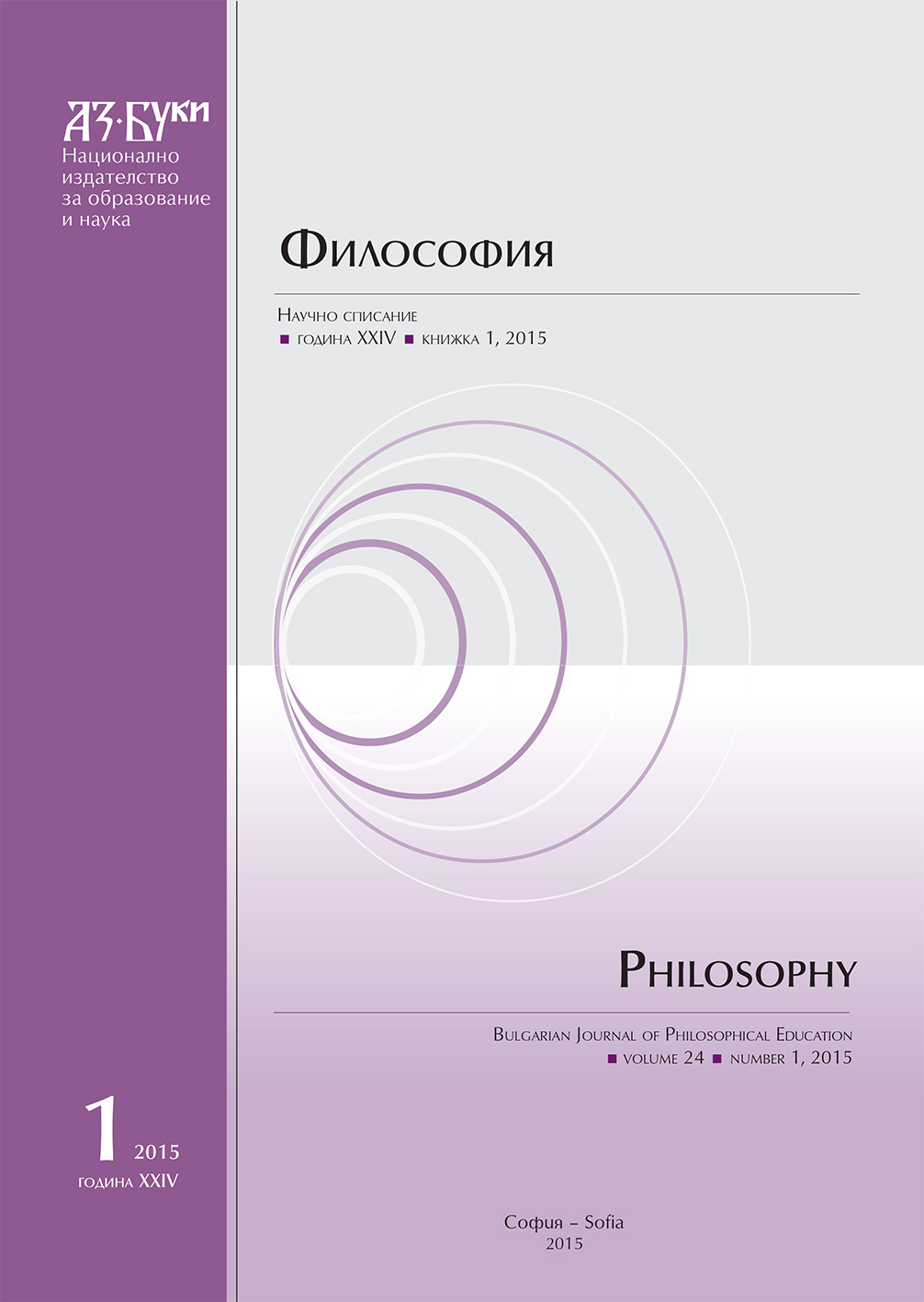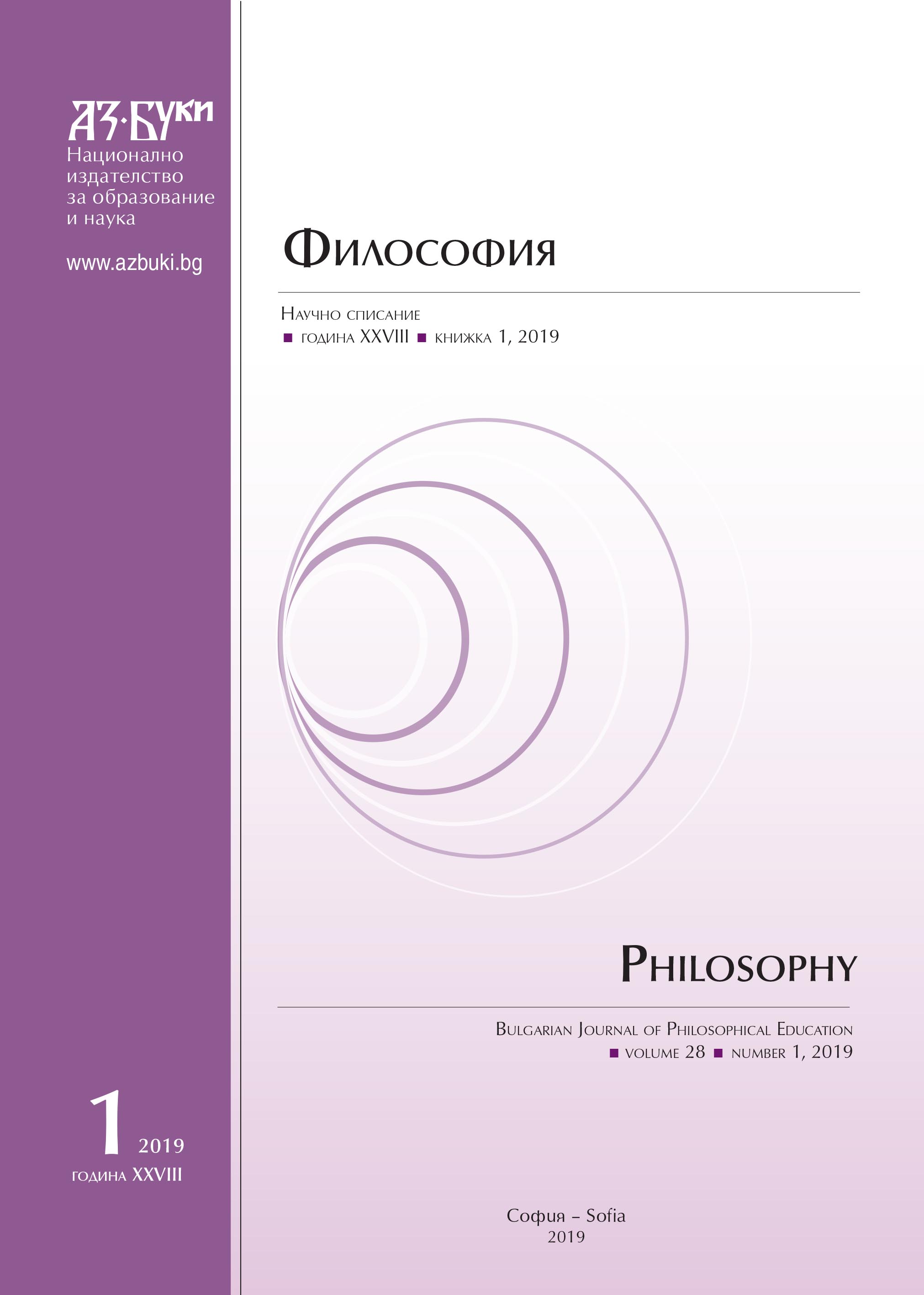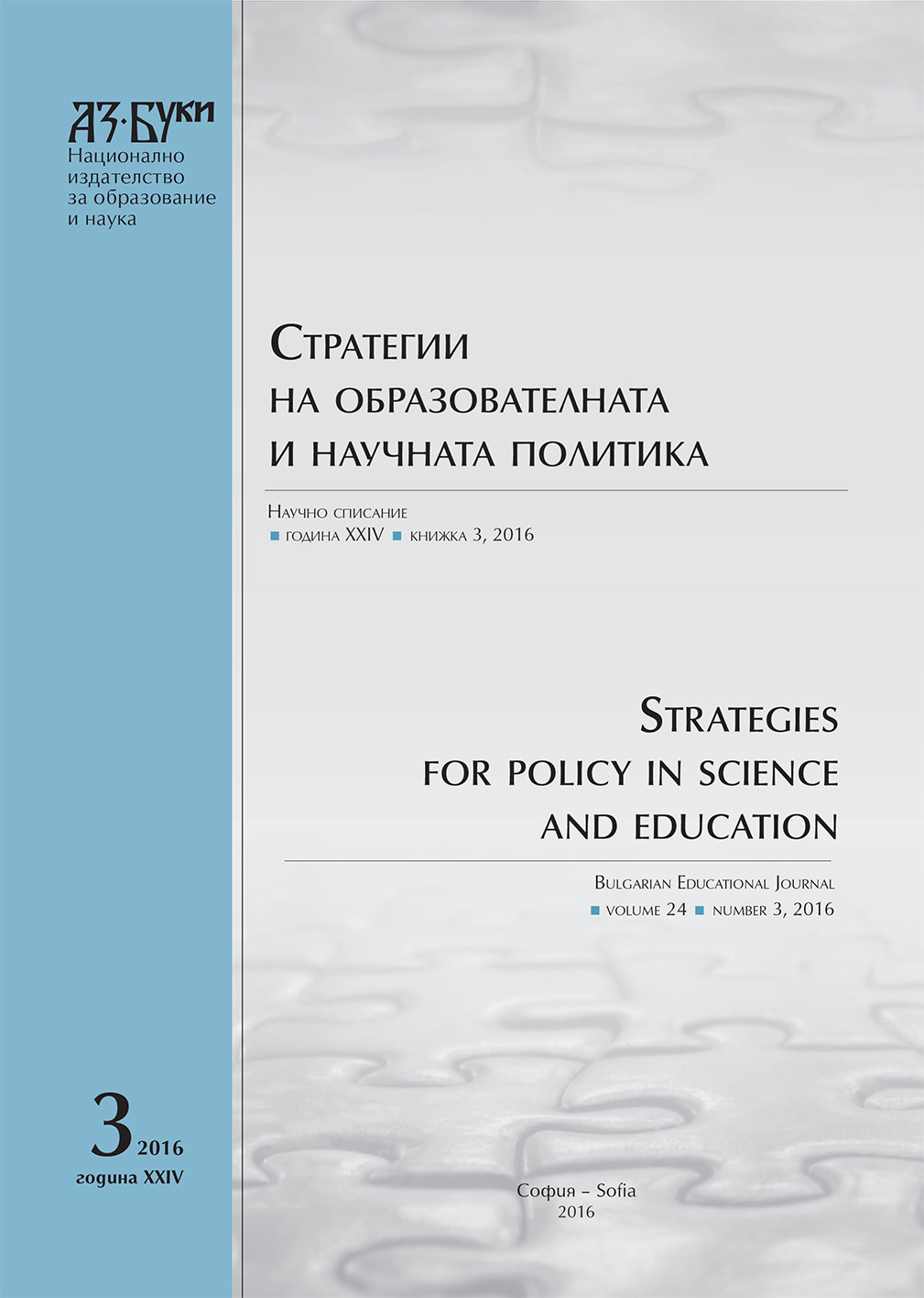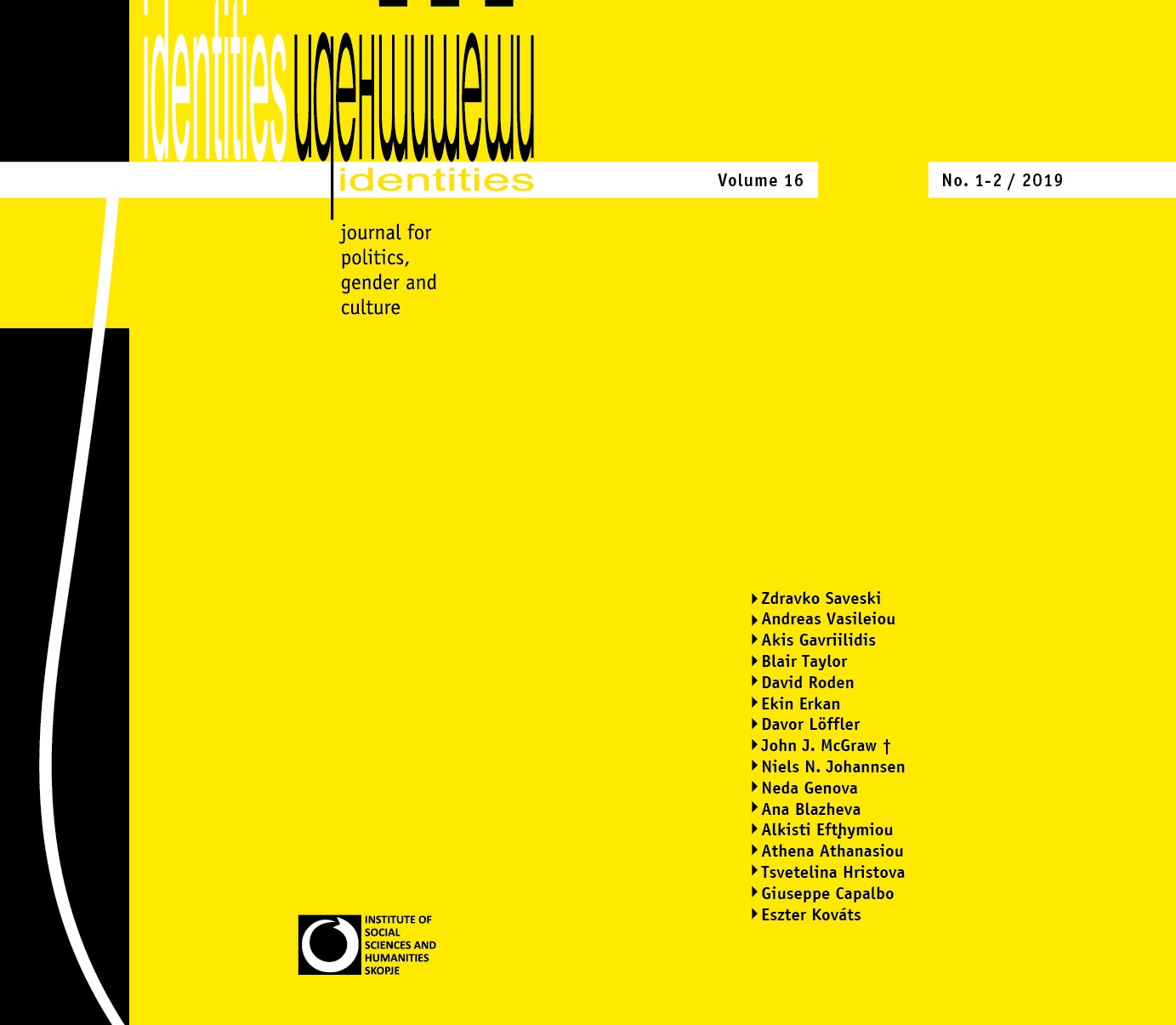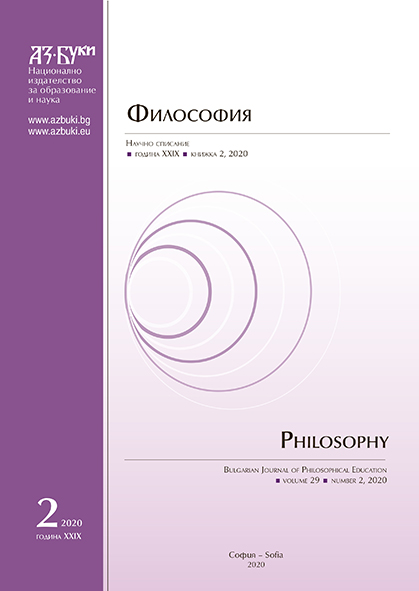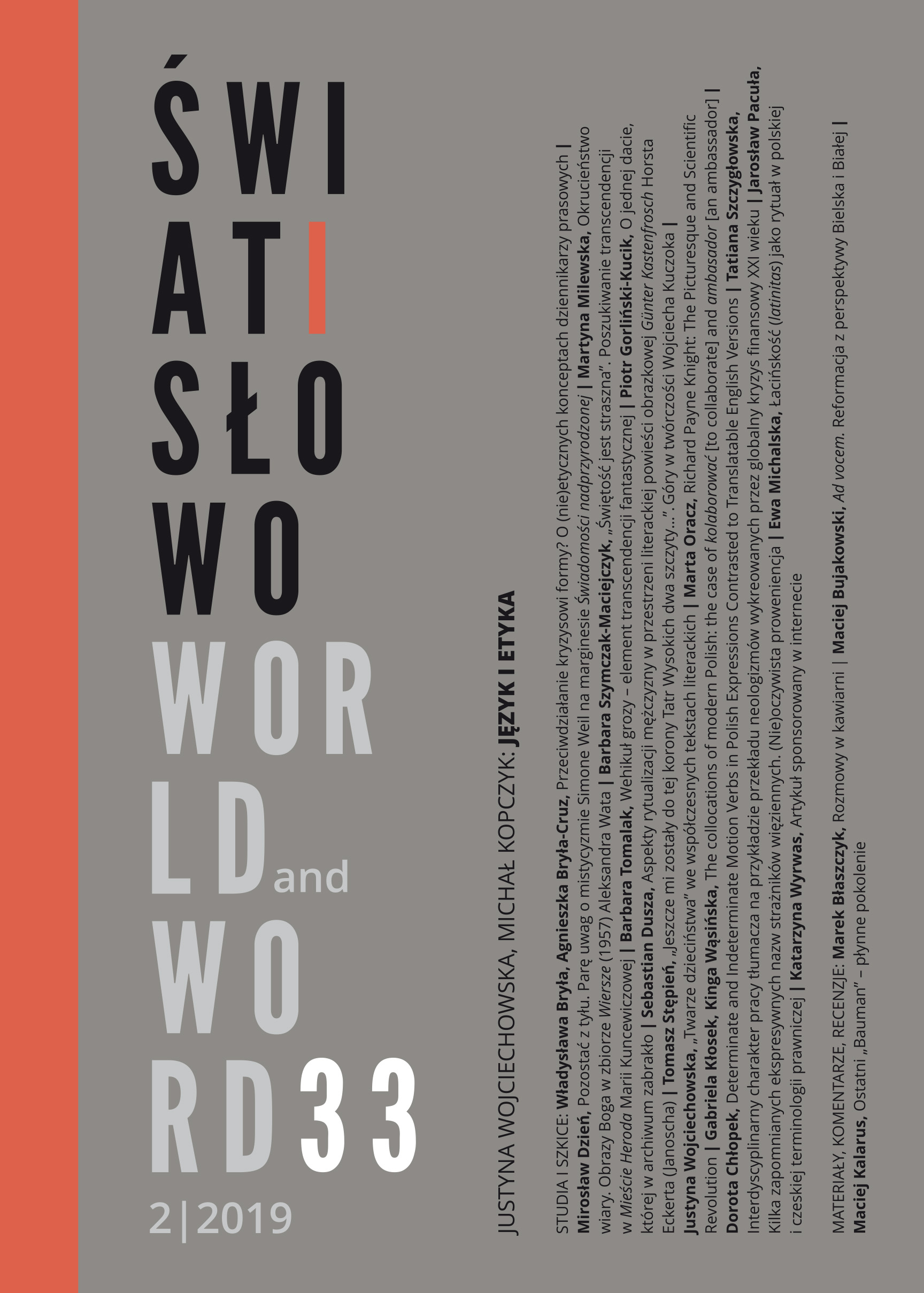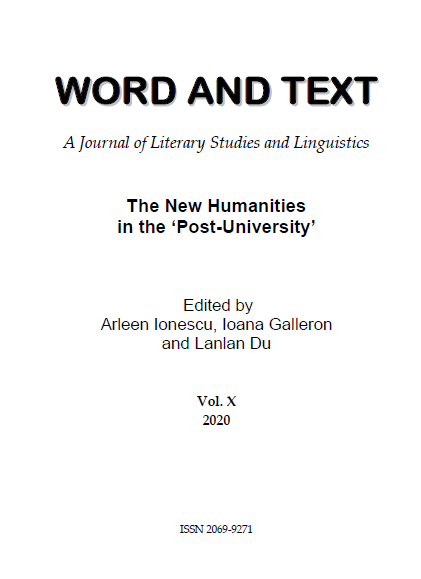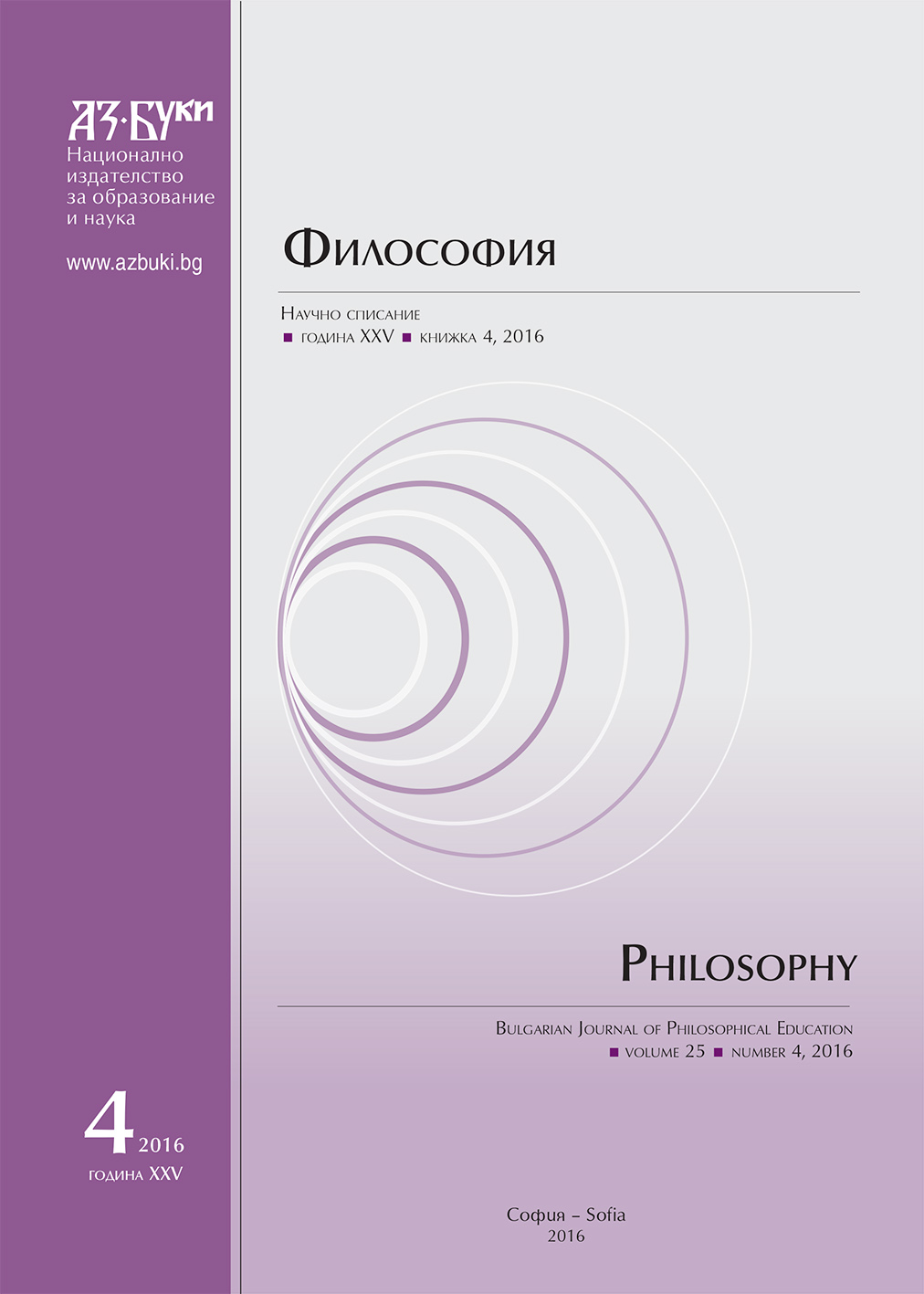
Структуриране на личността в психоаналитична перспектива
This paper will search to offer a model of the whole-integrated personality with encompassing the structure, the areas and the internal specifications and connections in the personality universum. For this purpose we will follow and derive the basic conceptual models which exist and generalize what personality is in our comprehension. This also will be a phenomenological reconstructing of fundamental types of projections in personality constituting – we will derive the initial approaches to the world of I-instance in Descartes and Kant, but basically we will define the process personality in Hegel as the result of process-ending of the pure thought system. We will also draw for consideration Heidegger’s model in analyzing the personality as an event, as a phenomenon of the live and actual human presence in the world. Thou the essential goal is reconstructing the three-instance psychoanalytical model which will be considered in unexpected configuration by drawing together of S. Freud’s and A. Maslow’s personality depth-structuring. The hypothesis raised up here is: Maslow’s pyramid of basic needs, in its hierarchy reflects a general structuring of the levels of the personality universum, with this the areas of integrity, continuity and I-projecting of whole personality will be formed.
More...
